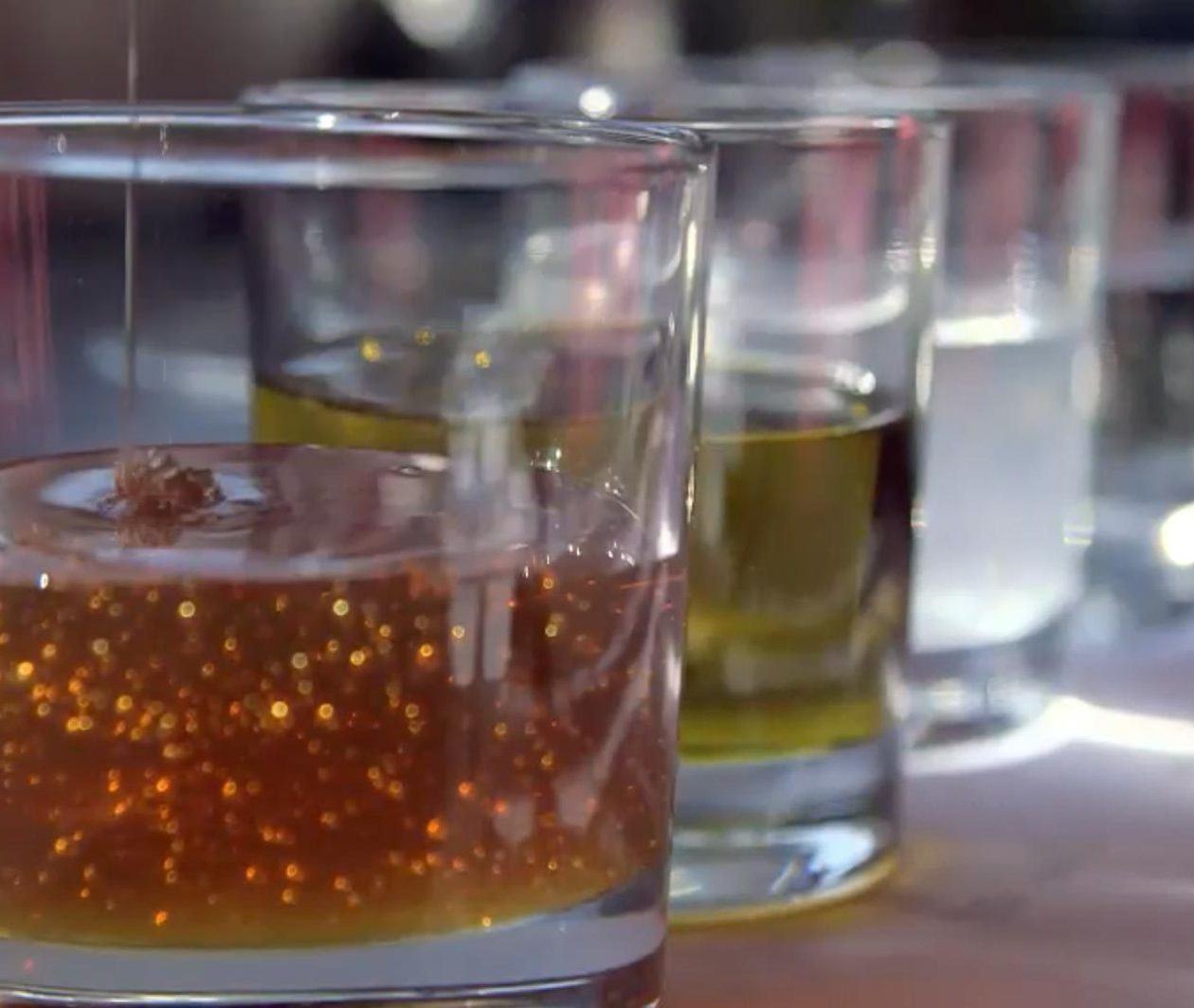Skip to 0 minutes and 12 seconds JANET SUMNER: Through hands-on practical science, this course will give you insights into how to conduct scientific experiments and how to use the data gathered to understand the natural world.
Skip to 0 minutes and 42 seconds Using tools already available to you, you’ll start by asking the question, how much water is there in a potato? And to do that, you’ll begin your first experiment to gather data– 74 grams– and get introduced to some essential skills needed to do science practical work. By the end of the course, you’ll have developed the skills needed to study science further, including careful observation, systematic note taking, interpreting your data, and great experimental design. What we’re asking the learners to do now in keeping a study journal could be the start of something big going forward into the future.
Skip to 1 minute and 26 seconds HAZEL RYMER: Beginning of their scientific careers.
Skip to 1 minute and 29 seconds JANET SUMNER: And that is DNA, the blueprint of life. These will all give you an idea of how scientists understand the world around us.

